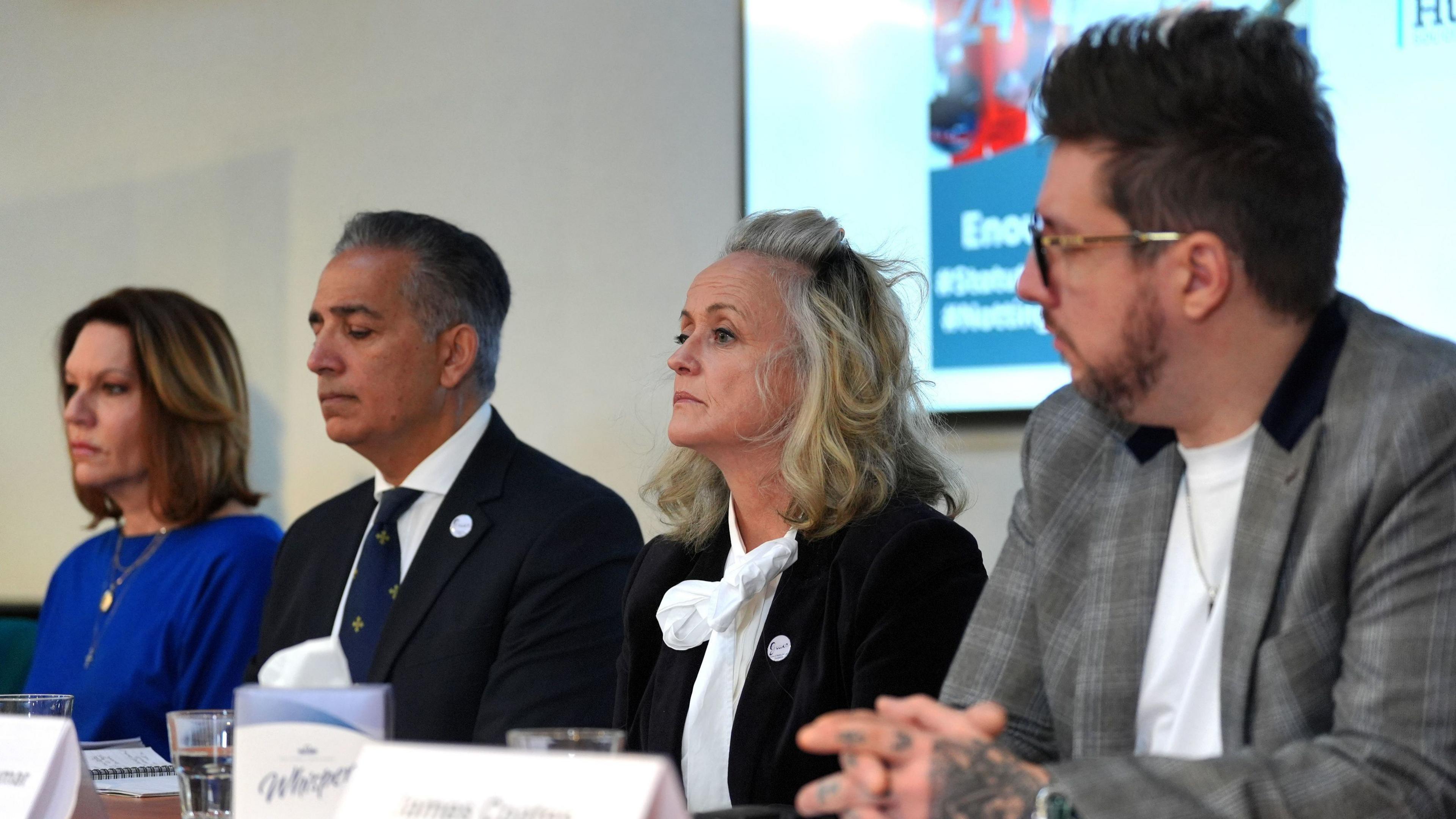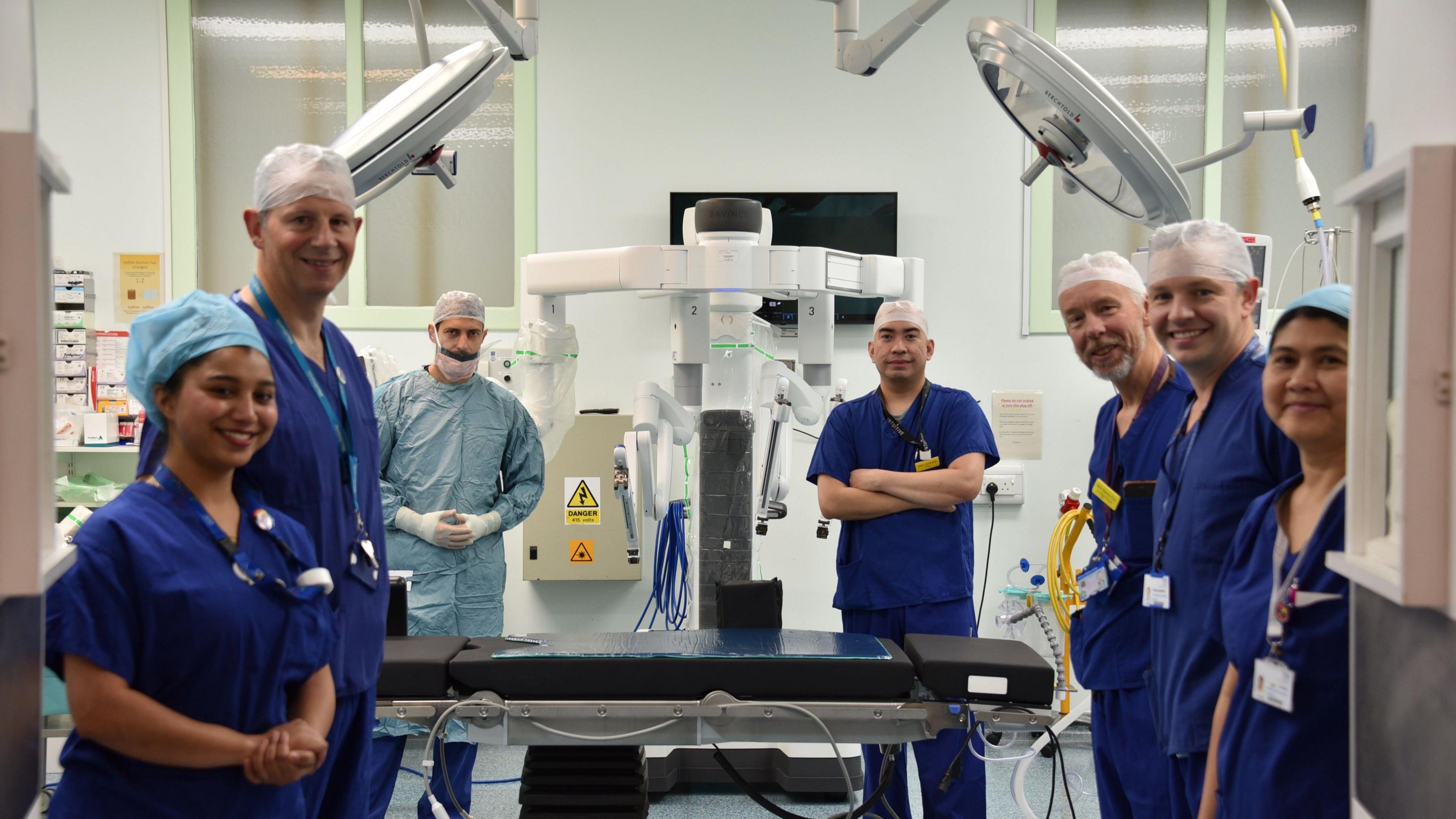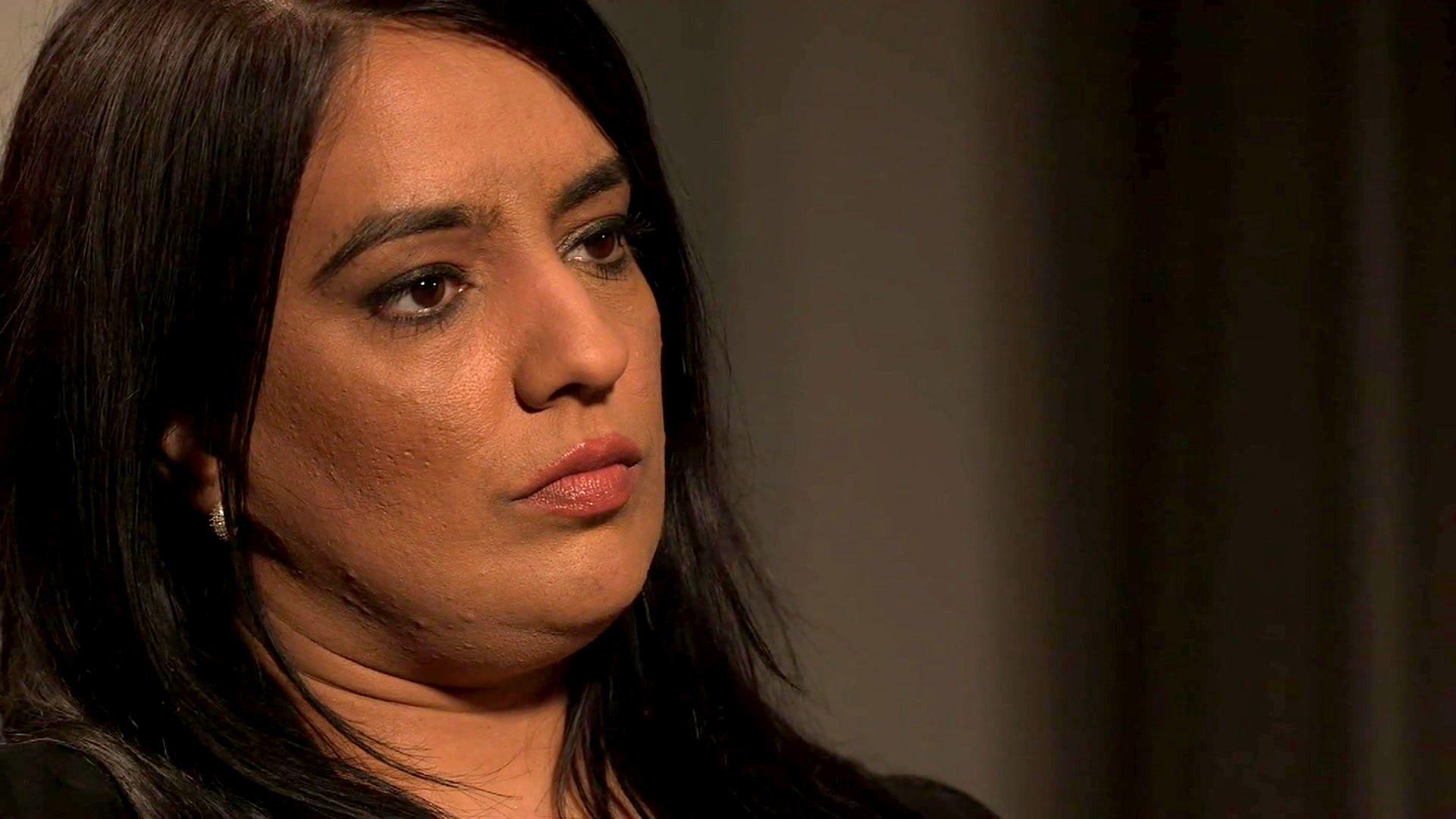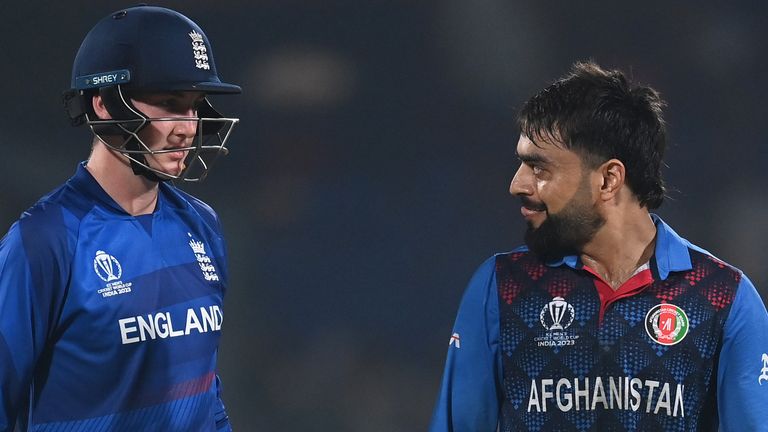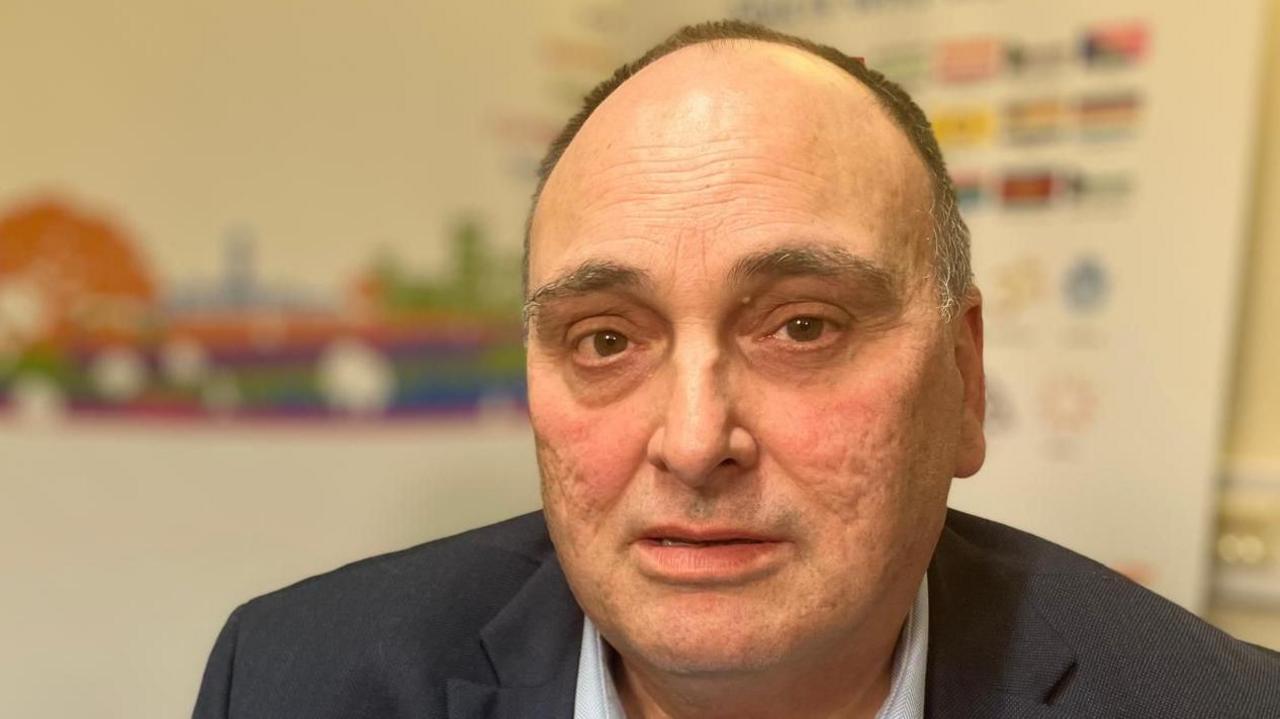
Ifti Majid said the NHS trust could have taken on feedback from Valdo Calocane’s family
Navtej Johal
BBC News, Midlands correspondent
Asha Patel
BBC News, Nottingham
The chief executive of an NHS trust that admitted multiple failings in the care of a man who stabbed three people to death in Nottingham has said he owes an apology to the killer’s family.
Valdo Calocane, who has paranoid schizophrenia, was sentenced to a hospital order in January 2024 for stabbing to death students Barnaby Webber and Grace O’Malley-Kumar and school caretaker Ian Coates on 13 June 2023.
On Wednesday, a major review into the NHS and his care under Nottinghamshire Healthcare NHS Foundation Trust found numerous failings, including that the voice of Calocane’s family “was not effectively considered to support the dynamic evaluation of risk”.
Ifti Majid, of the NHS trust, told the BBC there were ways the trust could have received feedback from Calocane’s family about how he was progressing.
The report – commissioned by NHS England and carried out by Theemis Consulting – said numerous concerns from Calocane’s family were not always acted upon.
Calocane was sectioned four times in less than two years.
After being sectioned for a second time, a psychiatrist observed “there seems to be no insight or remorse and the danger is that this will happen again and perhaps Valdo will end up killing someone”.
But two weeks after this entry was made, Calocane was discharged.
‘Involvement is essential’
According to the report, his family “felt this was a real missed opportunity to fully understand [Calocane’s] diagnosis, risk and to get to grips with a treatment plan that [Calocane] was concordant with”.
In addition, in the fourth discharge, there was no evidence of the family voice in the decision-making process.
By this point, Calocane had requested his family not be involved in his care, but the trust’s discharge policy says “the involvement of family members is essential, even if this is against the patient’s expressed wishes”.
The report also highlighted an absence of risk management, a lack of communication between teams caring for Calocane and missed opportunities to take “more assertive action” in relation to his care.
This included inpatient teams taking on board Calocane’s reasons for not wanting to take injectable anti-psychotic medication, “which included him not liking needles”.
After being discharged due to lack of engagement, Calocane then had no contact with mental health services or his GP for about nine months prior to the killings.
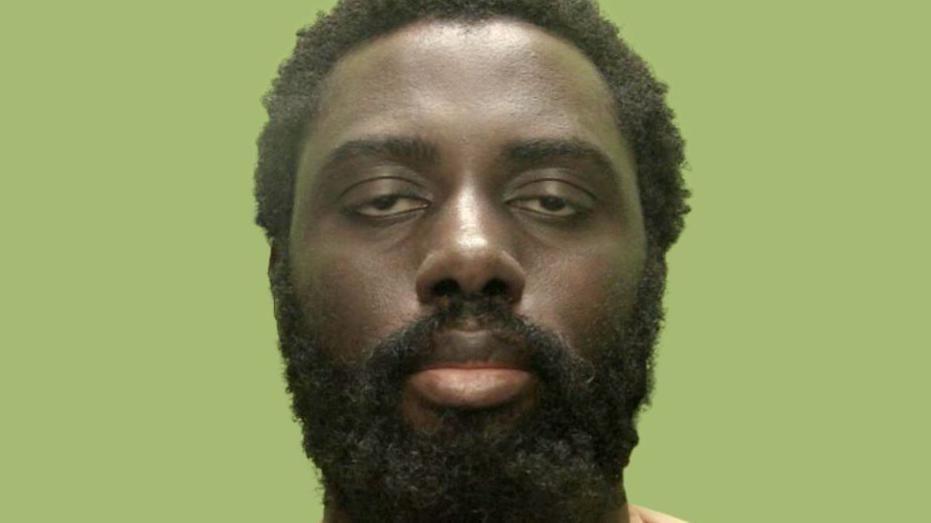
Former University of Nottingham student Calocane first came into mental health services in May 2020, the report said
Mr Majid apologised to the families of all those affected by the missed opportunities he said the organisation was responsible for.
He added: “I think I do – we do – owe an apology to Valdo Calocane’s family.
“We’ve met members of the family, we had some of these conversations.
“I think that the Theemis report, whilst it does say that we did engage with the family, we didn’t do that consistently.”
Mr Majid also said even though Calocane had withdrawn permission for the trust to speak to his family about his care, there were ways it could have taken on feedback about how he was progressing from the family.
At a press conference in London, the families of Calocane’s victims demanded greater accountability and repeated their calls for a statutory public inquiry – in which witnesses can be called upon to give evidence – into the case.
‘We will not stop until we get justice for Nottingham attacks’ – victims’ families say system failed
Barnaby Webber’s mother Emma called the report a “horror show”, and added: “I do think it’s time now that we get the opportunity to meet with the prime minister.”
Grace O’Malley-Kumar’s father, Dr Sanjoy Kumar, said: “This report published highlights the failures of the mental health trust, but it fails my wife and I, as clinicians working at the NHS, for the failure to treat Valdo Calocane appropriately.
“We demand accountability.”
Ian Coates’s son James, a Nottingham resident, said people in the city had been “failed and will continue to be failed until changes are made”.
The government has since repeated its commitment to a public inquiry into the attacks, with work ongoing to establish its scope.
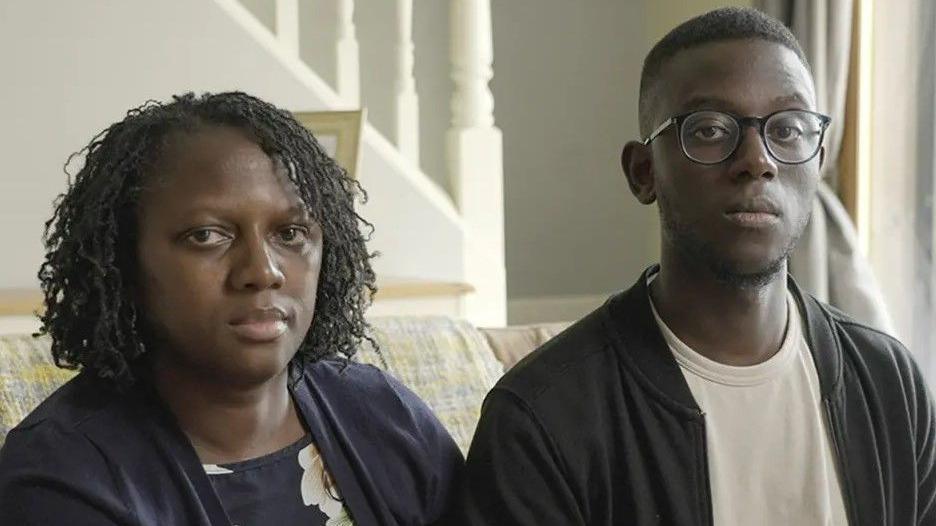
Calocane’s mother Celeste and brother Elias say there were a series of missed opportunities over three years to prevent the tragedy
When asked if it was a mistake to discharge Calocane to the care of his GP from mental health services in September 2022 – one day after a warrant was issued for his arrest – Mr Majid said even the report did not give a straightforward answer to the question.
“I believe that the Theemis report is right in that there were a number of decisions that we should have thought in more detail about,” he said.
He added: “I believe it suggests it was a missed opportunity.”
In a statement following the release of the report, Calocane’s family said they were “deeply sorry” for this “horrific tragedy” and called for intervention in the mental healthcare system.
“The report confirms what we and many others have known for a while: the mental healthcare system is in crisis and in need of immediate intervention, which we believe must come from the government,” they said.
Mr Majid also told the BBC the trust would be investigating whether anyone should be facing disciplinary action as a result of the latest report.
He added that the trust had already made “significant changes” in its mental health care and had not waited for the report to come out to do so.
Among those, he said, was a “nine-point” discharge system which had not been in place during the care of Calocane, who was discharged due to non-engagement.
“As an organisation it’s really important that we learn from tragic circumstances such as this that we understand where errors were made to understand where opportunities were missed and we bring about changes to do all that we can to make sure that a tragedy like this doesn’t happen,” he said.
The review is one of many to have taken place in the wake of the killings, including a rapid review of the NHS trust, published by the Care Quality Commission (CQC) in August, which found “a series of errors, omissions and misjudgements” by mental health services.
Get in touch
Tell us which stories we should cover in Nottingham

